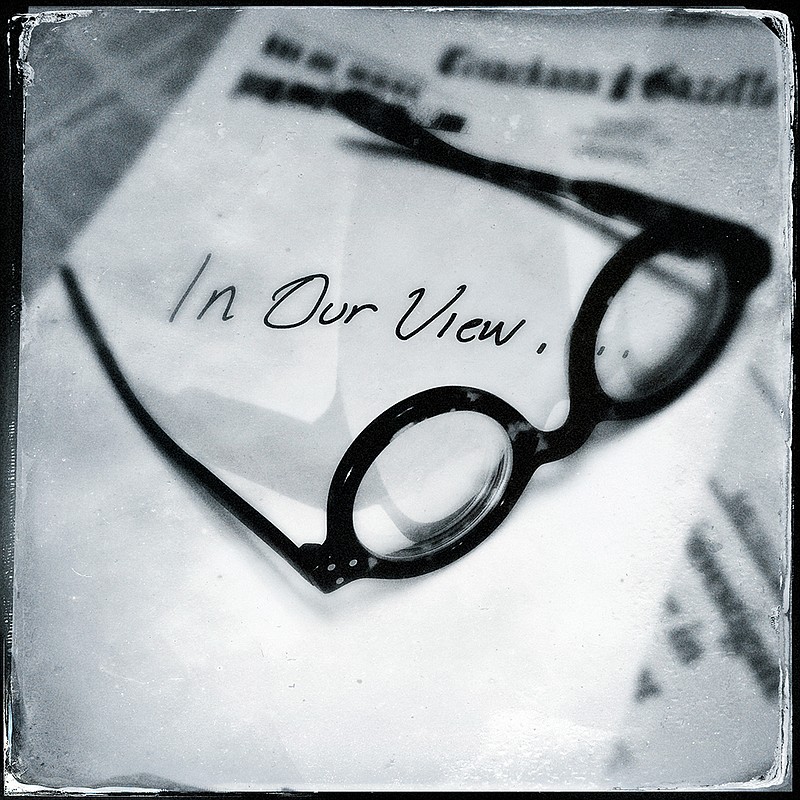At one time, Texas was known for some of the strictest marijuana laws in the country.
Indeed, up until the early 1970s possession of any amount of pot could land you in state prison for two years to life.
But things have changed. Not as much as in 34 other states where medical marijuana, recreational marijuana or both are legal, but significantly.
Or so advocates thought.
For several years now Texas law has allowed doctors to prescribed THC, the psychoactive ingredient in marijuana, for intractable epilepsy. It could be given in either an inhaler or oil with no more than .5% THC.
Back in June, Gov. Greg Abbott signed a bill expanding the list of conditions doctors are allowed to treat with THC.
The Compassionate Use Act was written by a legislator who also happens to be a registered nurse. It now allows qualified physicians to authorize THC for those with amyotrophic lateral sclerosis or ALS, multiple sclerosis, Parkinson's disease, terminal cancer, autism and various seizure disorders. The low-THC inhaler or oil could be obtained at dispensaries regulated by the Department of Public Safety.
That was the idea at least. But back in the fall the DPS stopped accepting new dispensary applications after just a week.
And they still aren't taking any applications. That leaves only three legal dispensaries in the Lone Star State for an estimated 1.5 million potential patients.
Marijuana - medical or recreational - remains illegal under federal law. And we have opposed states legalizing it until that conflict is resolved. That said, the Legislature clearly intended to allow more people access. And the amount of THC allowed is tiny - barely more than the .3% that is allowed in legal CBD oil now available across the state. It's not likely to induce a high.
So why is DPS dragging its feet on dispensaries? And why don't the governor and lawmakers seem to care?

